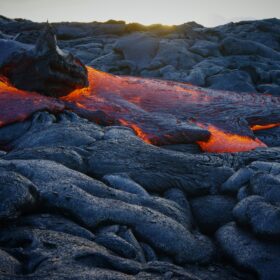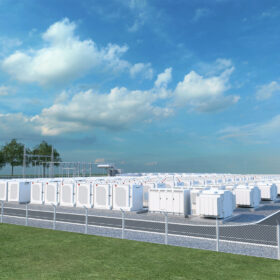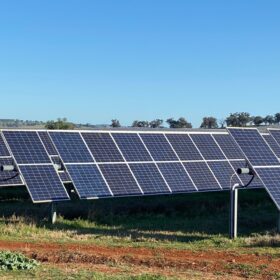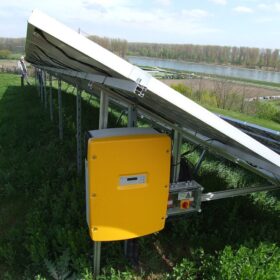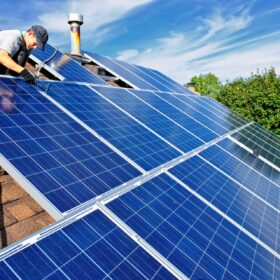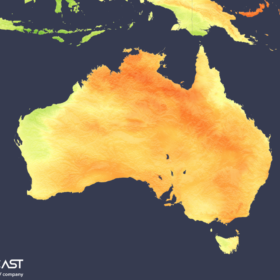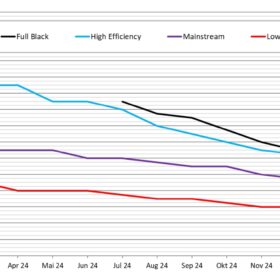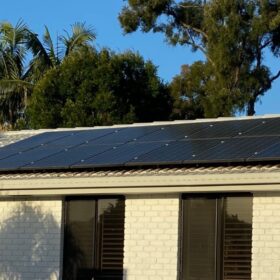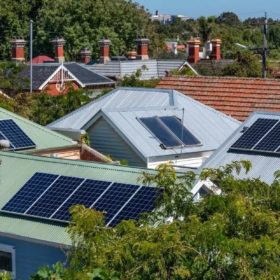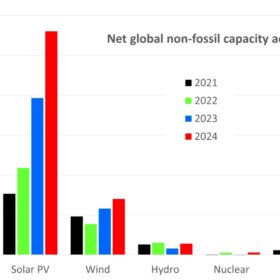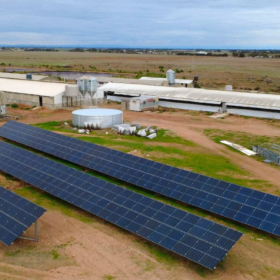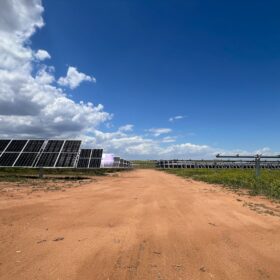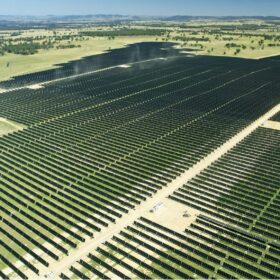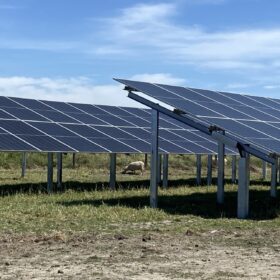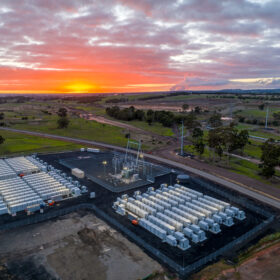Where should we look for new metals that are critical for green energy technology? Volcanoes may point the way
About 400 kilometres northwest of Sydney, just south of Dubbo, lies a large and interesting body of rock formed around 215 million years ago by erupting volcanoes.
Explainer: what does it actually mean to ‘firm’ renewables?
Large power grids are among the most complicated machines humans have ever devised. Different generators produce power at various times and at various costs. A generator might fail and another fills the gap. Demand soars in the evenings and on hot days. In Australia, eastern and southern states trade power across borders. Meanwhile, Western Australia has two […]
Keeping up with curtailment: A little? too much? or much ado about nothing?
I recently came across an article about renewable curtailment that sparked a significant amount of online discussion, stating that a total of 4.5 TWh of energy was curtailed in Australia’s National Electricity Market in 2024.
Top 5 global inverter trends to watch in 2025
Challenges and innovations drive solar and energy storage inverter industry forward in 2025.
Future energy systems must compensate rooftop solar generation fairly
The most important energy cost is not what a corporation pays to produce or generate it, but what a consumer pays to buy it. That’s why the delivered cost of rooftop solar and batteries – and the other benefits these technologies provide to the system – need to be factored in when making investment decisions.
Solar gains across Australia defy seasonal cloud forecast
Solcast, a DNV company, reports that Australia’s summer has been much sunnier than expected so far, with localised weather events only bringing brief disruptions.
PV module prices at crossroads
Martin Schachinger, founder of pvXchange.com, said PV module prices will depend on national and international demand trends in the coming months, with outcomes ranging from increases to stagnation or further declines. Almost anything is possible, but nothing is certain.
Nuclear risks depriving millions of Australians the promise of their solar investment
Australia’s energy future is at a critical juncture. With one of the highest rates of rooftop solar saturation globally, the nation has embraced renewable energy in a way that reflects both environmental commitment and practical economics. Yet, this progress could be undermined by a potential turn to nuclear power – a choice that risks sidelining the investments made by millions of Australians in clean energy.
New Zealand’s power market is ‘ugly’ and asymmetrical
Your oven doesn’t care what generation source powers it up – so consumers with power plants of their own via rooftop solar or through battery energy storage systems need to be able to compete fairly with large generators.
Fastest energy change in history continues
Solar and wind are being installed at a rate that is three times faster than all other new electricity sources combined. This offers compelling market-based evidence that PV and wind are now the most competitive and practical methods for deploying new generating capacity.
